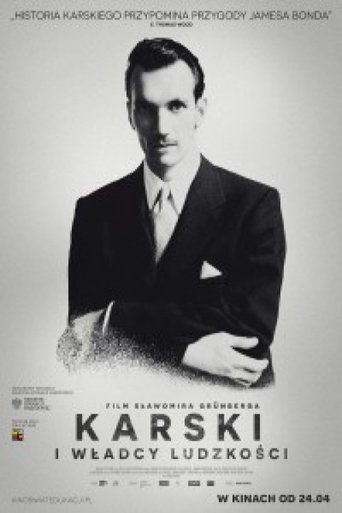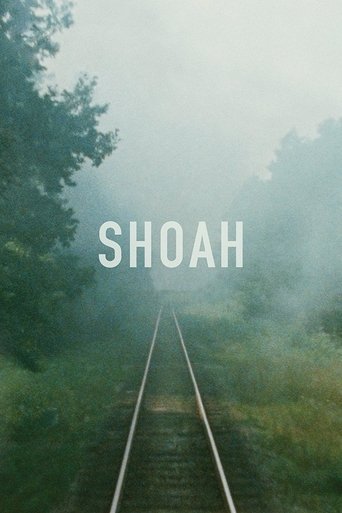Le rapport Karski
Mar 17, 2010Résistant catholique polonais, homme d’influence appartenant aux plus hautes sphères de la société, Jan Karski fut mandaté, en 1943, d’une mission cruciale par deux leaders juifs du ghetto de Varsovie: témoigner à l’extérieur des atrocités perpétrées par les nazis contre les juifs. Pour le convaincre que l’extermination de tout un peuple est en train de s’accomplir, ils lui proposent de les accompagner clandestinement dans le ghetto, où il découvre l’enfer. En 1978, Claude Lanzmann rencontre Jan Karski lors du tournage de Shoah et filme son témoignage. Jan Karski y relate sa rencontre avec le président Roosevelt en juillet 1943, ainsi qu’avec différentes personnalités auprès desquelles il s’est efforcé d’accomplir sa mission. Ce document brut constitue un puissant récit historique par la minutie des détails, la dignité et la profondeur du témoignage, grâce aussi à la personnalité hors du commun de Jan Karski lui-même.
Documentary



